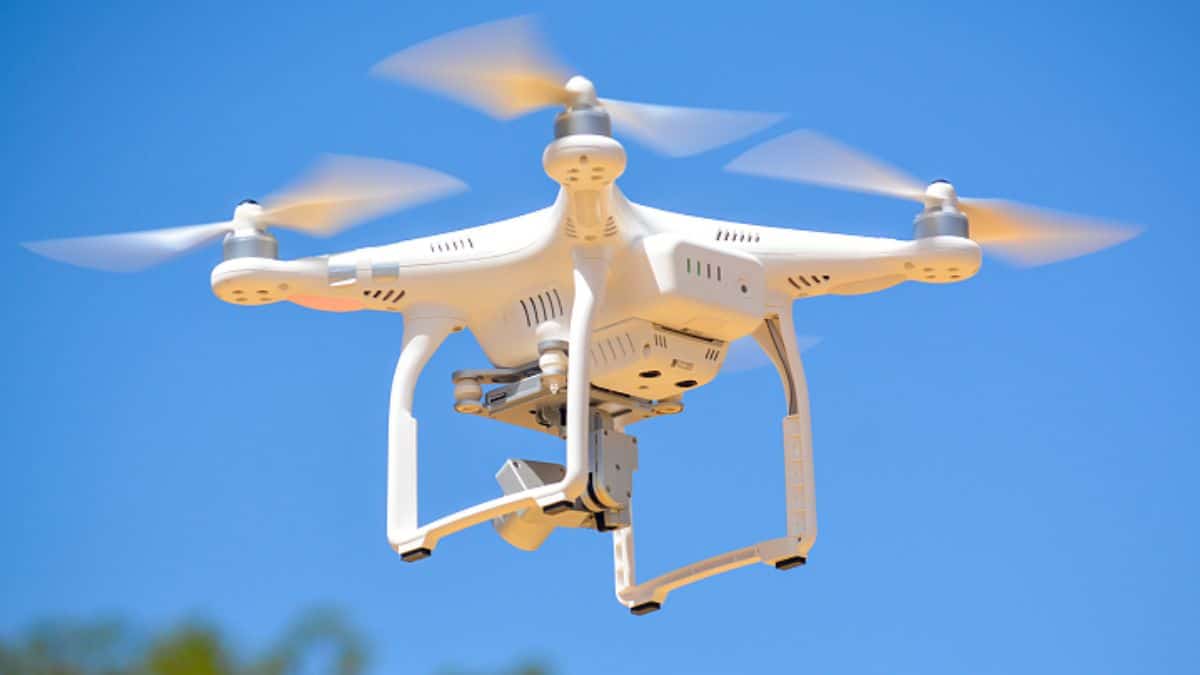China’s Ministry of Commerce (MOC) has announced an update to its export control measures on unmanned aerial vehicles (UAVs), effective from September 1, 2024. The adjustment aims to enhance the regulation of key UAV components and prevent their misuse in the proliferation of weapons of mass destruction, terrorism, or military activities.
The revision includes stricter management of crucial UAV parts, specifically infrared thermal-imaging devices, and target-indicating lasers. Additionally, high-precision inertial measurement equipment will now fall under the scope of control. Meanwhile, temporary restrictions on certain consumer-grade drones will be lifted, allowing for more flexibility in their export.
The MOC spokesperson emphasized that while civilian drones not previously subject to export controls will now face restrictions if intended for harmful purposes, these changes are part of China’s broader strategy to prevent the misuse of advanced technology. This approach reflects the country’s commitment to maintaining global security and adhering to international norms.
These new policies come at a time when the global landscape of UAV technology is rapidly evolving. As drones become increasingly advanced and accessible, the potential for their use in non-civilian applications has raised significant concerns. By tightening control over specific components and usage, China aims to mitigate risks associated with the export of sophisticated UAV technology.
In conclusion, China’s updated export controls on UAVs reflect a balanced approach to promoting technological development while safeguarding national and global security. The new measures will ensure that UAV exports are conducted responsibly, with stringent oversight to prevent their misuse. These policies are set to take effect from September 1, 2024.

